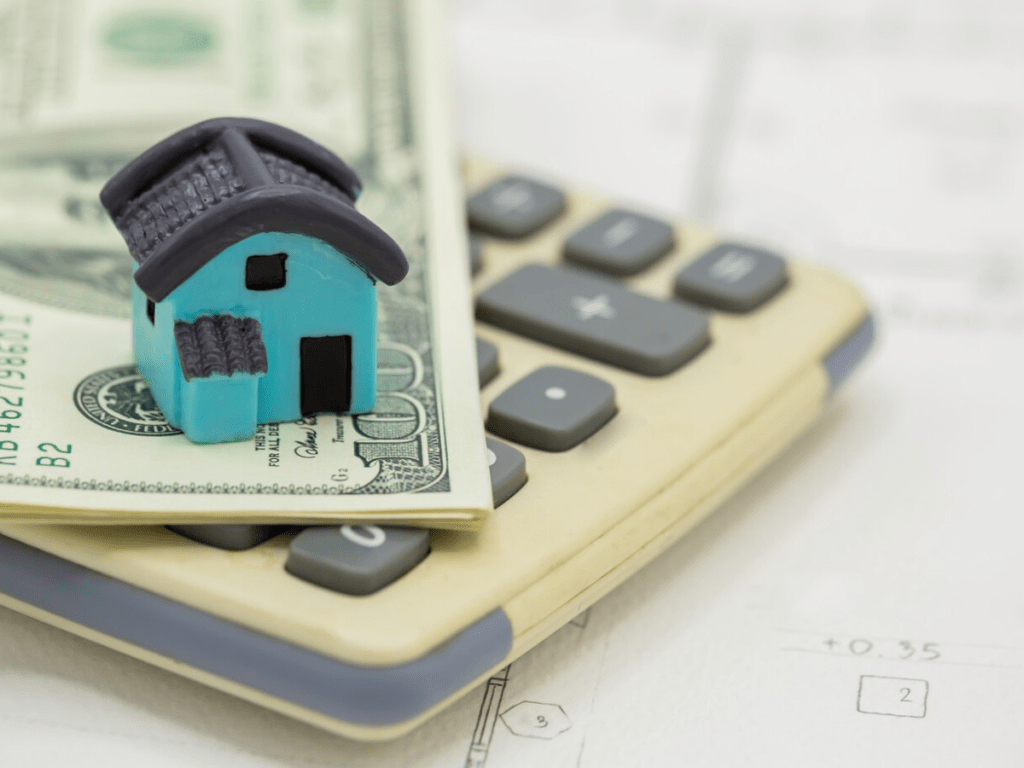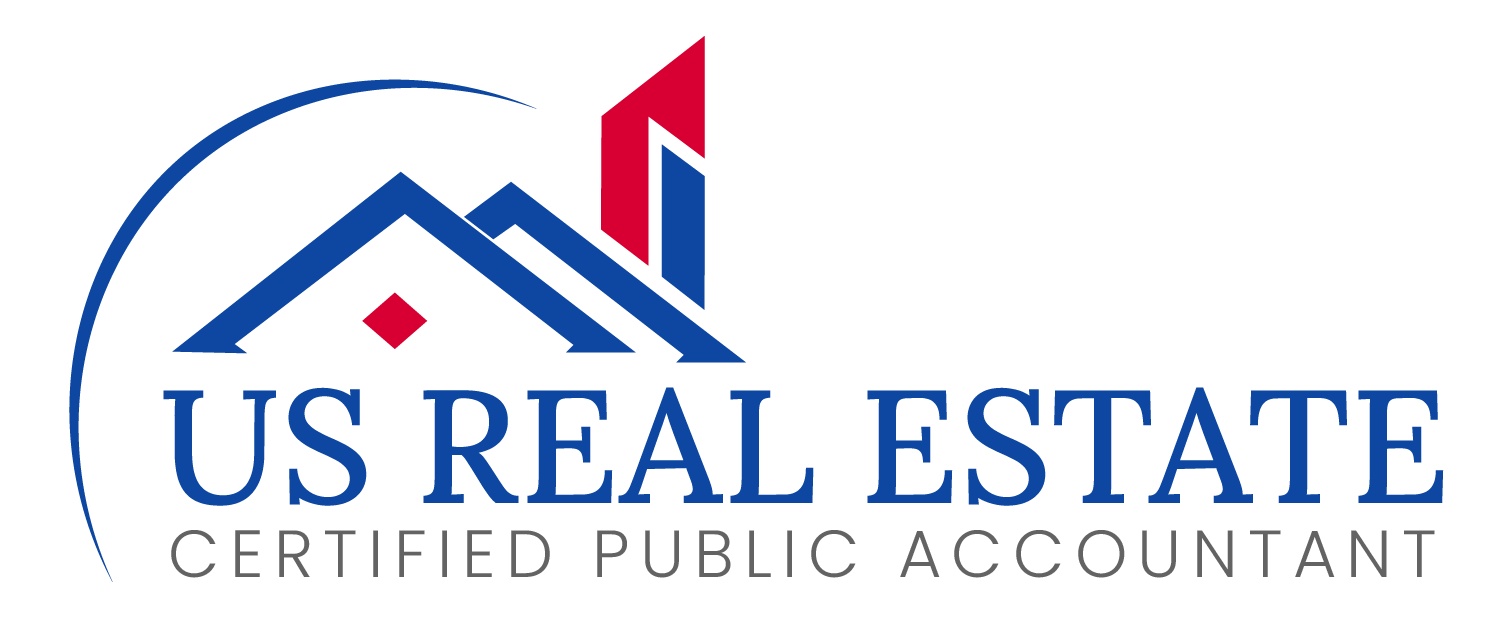
The Impact of a Notice of Deficiency on Rental Income and Tax Obligations
A Notice of Deficiency (NOD) from the IRS is an important letter that property owners—especially those renting out properties—need to take seriously. It’s sent when the IRS thinks you owe more taxes, often because they believe you’ve missed reporting some income or claimed deductions incorrectly. For landlords, an NOD can have major impacts on your rental income and your tax situation.
In this article, we’ll explain how an NOD can affect your rental income, the tax responsibilities you need to fix and what to do if you receive one.
What is a Notice of Deficiency (NOD)?
A Notice of Deficiency is an official letter from the IRS saying they think you owe more taxes. This usually happens after they review your tax return and find mistakes like unreported rental income, incorrect deductions or issues with how you’ve calculated depreciation. The letter will tell you how much extra tax you owe, plus any penalties and interest.
It’s also known as a “90-day letter” because you have 90 days to respond before the IRS takes further action, like placing a lien or levy on your property.
How Does an NOD Affect Rental Income and Tax Obligations?
1. Unreported Rental Income
If you don’t report your rental income correctly, the IRS may send you a Notice of Deficiency. This is a common problem for landlords, especially if rental income is underreported or expenses are overstated. The IRS checks income records, like 1099 forms from property managers, mortgage lenders, or short-term rental platforms (for example, Airbnb), to catch mistakes
Effect on Tax Obligations – If you don’t report all your rental income, the IRS will make you pay the taxes you owe on the unreported amount, along with any interest and penalties. For example, if you get rent payments through PayPal or Venmo but don’t include them in your tax return, the IRS might notice and flag it.
2. Incorrect Depreciation Deductions
Depreciation is an important tax break for property owners. It lets you deduct the cost of your rental property over time. However, if you calculate it wrong or wrongly classify the property (for example, calling it personal property instead of business property), it can trigger an audit.
Effect on Tax Obligations – If the IRS sends you a Notice of Deficiency, it could mean you owe back taxes on the extra deductions you claimed, plus interest and penalties for not reporting your taxes correctly. Also, if you miscalculate depreciation, it could affect the taxes you owe when you sell the property later.
3. Non-compliance with Deduction Rules
Rental property owners can claim deductions for things like repairs, property management fees, insurance, and mortgage interest. However, if you claim the wrong deductions like personal expenses or capital improvements that should be depreciated, the IRS may send you a Notice of Deficiency.
Effect on Tax Obligations – The IRS will make you pay back the incorrect deductions, along with interest. You could also face penalties if the IRS thinks the mistake was due to carelessness or ignoring tax rules.

Steps to Take Upon Receiving a Notice of Deficiency
Receiving an NOD isn’t the end, but it does require quick action. Here’s what you need to do:
1. Review the NOD Carefully
Start by reading the NOD carefully. It will explain why the IRS thinks you owe more taxes and which tax years are affected. The notice will also show the amount of tax owed, including penalties and interest.
- Confirm the issue – Is it about unreported income, wrong deductions or something else? Make sure you understand what went wrong.
- Check your records – Collect documents like tax returns, bank statements, rental agreements and 1099 forms to compare with the information in the NOD.
2. Respond Within 90 Days
You have 90 days from the date the NOD is issued to respond. You can either agree with the IRS’s findings and pay the amount due, or you can dispute the findings.
- Agreeing with the IRS – If the assessment is correct, make arrangements to pay the taxes owed. The IRS offers payment plans, or you can pay in full.
- Disputing the NOD – If you disagree, you can file a petition with the U.S. Tax Court within the 90-day period. This will halt any immediate collection actions until the court resolves the dispute.
3. Consult a Tax Professional
An NOD can be complex, and responding to it requires knowing tax rules. It’s a good idea to talk to a tax advisor or CPA who understands rental property taxes. They can guide you through the process, whether you want to pay what you owe or challenge the IRS’s findings.
4. Explore Options for Reducing Liability
If you owe extra taxes, the IRS may offer ways to ease the burden:
- Installment Agreements – You might be able to pay what you owe in smaller, monthly payments. The terms depend on how much you owe and your financial situation.
- Offer in Compromise – If you can’t pay the full amount, you may be able to settle for less. The IRS may agree to accept a smaller payment to clear your debt.
The Potential Consequences of Ignoring an NOD
If you don’t respond to an NOD, there can be serious consequences:
- Penalties and Interest – The IRS will keep adding interest to the amount you owe, and it can grow quickly. They may also charge additional penalties, like a “Failure to Pay Penalty” (0.5% per month of the unpaid tax).
- Tax Lien – If you don’t pay, the IRS may place a tax lien on your property. This can hurt your credit score and make it harder to get loans in the future.
- Levy on Property – If the IRS still can’t collect the debt, they may seize your assets like money in your bank account, rental properties or other property, to pay what you owe.
How to Prevent Receiving a Notice of Deficiency in the Future
Taking steps to manage your rental income and taxes can help you avoid getting an NOD. Here are some ways to stay on track
1. Keep Accurate Records
Make sure to keep detailed records of all your rental income, expenses, and property-related deductions. This includes:
- Rent payments and receipts
- Property repairs, maintenance, and upgrades
- Mortgage interest and property taxes paid
- Deductions related to rental activities (e.g., property management fees, insurance premiums
2. Regularly Review Tax Filings
Work with a tax professional to review your tax filings regularly. This will help ensure your income and deductions are correct and help you spot mistakes before they become problems.
3. Understand Depreciation and Deductions
Make sure you’re applying depreciation rules correctly and only claiming valid business expenses. The IRS has strict rules, and not following them can lead to an NOD
4. Use Tax Software or Professionals
Consider using tax software designed for rental property owners or hiring a tax professional to make sure your filings are accurate and to reduce the chance of mistakes.
Conclusion
A Notice of Deficiency from the IRS can cause serious financial and legal issues for rental property owners. If not addressed, it can result in higher taxes, penalties, and even long-term financial problems.
To avoid this, it’s important to understand the reasons behind an NOD, respond quickly, and keep accurate records. Consulting a tax professional is always a good idea to make sure you’re following the rules around rental income and deductions.



